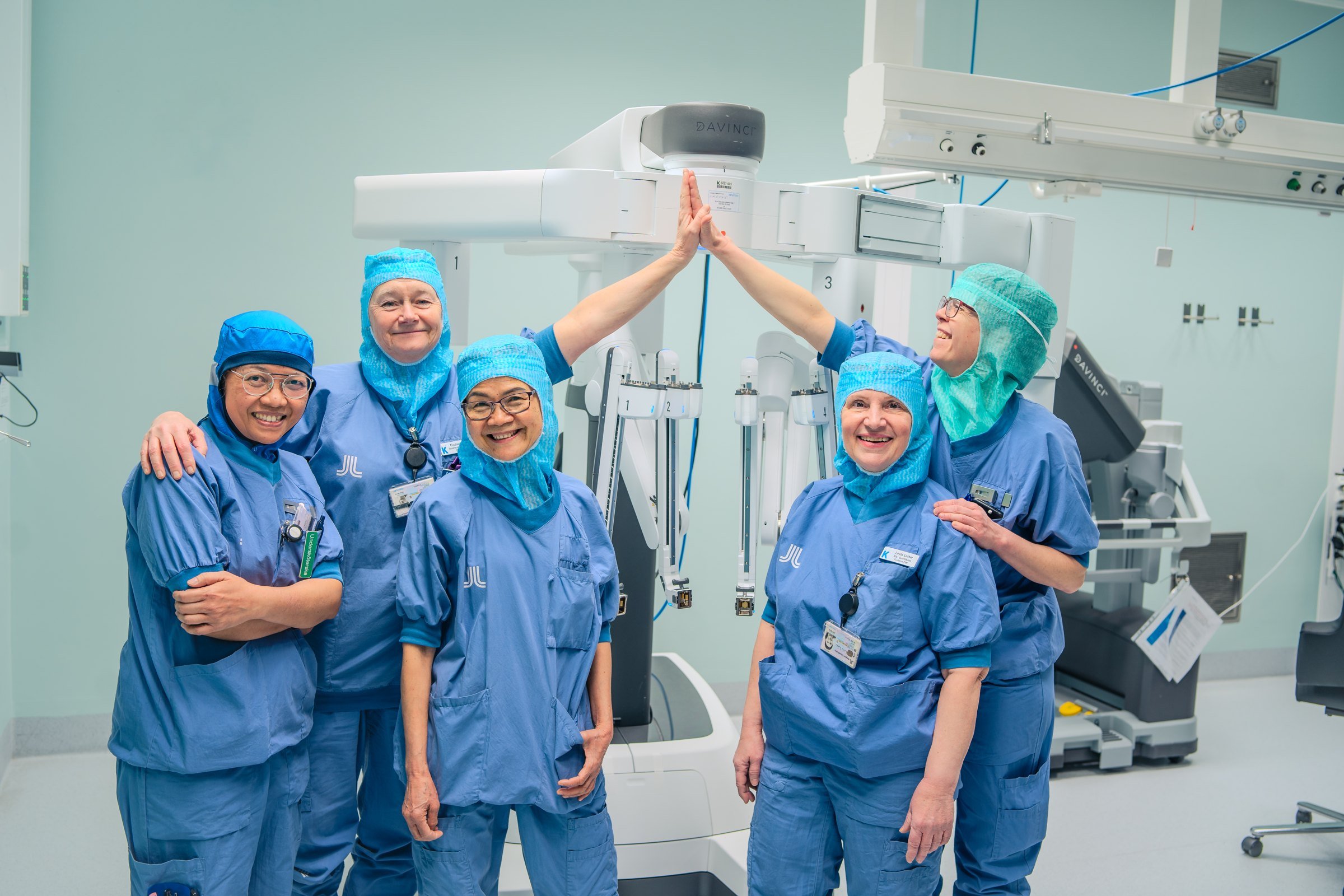
When the best specialized care is needed
Karolinska University Hospital
Reforming how digital and preventive care is reimbursed
arrow_right_alt
A new project led by Karolinska University Hospital aims to pave the way for a sustainable reimbursement model in healthcare.
Karolinska ranks world's 5th best hospital 2025
arrow_right_alt
This ranking is the highest for Karolinska since the hospital first appeared on the top list in 2020.
The launch of the Nordic University Hospital Alliance
arrow_right_alt
The goal is to strengthen relationships and collaborations between the hospitals and establish a strategy for addressing healthcare challenges in the Nordic region.
News from Karolinska
Astrid Lindgren Children’s Hospital at Karolinska University Hospital has introduced the Child Rights Toolbox, a practical guide aimed at integrating children's rights into healthcare, education, and community practices. This initiative seeks to prioritize...
Behind the hospital scrubs, there may be a researcher. Did you know that more than 2,500 employees at Karolinska University Hospital also conduct research? Meet five who have earned a place on this year’s list of the most cited researchers in the world.
Karolinska University Hospital joined a digital meeting hosted by WHO/Europe, the European Observatory on Health Systems and Policies together with Charité – Universitätsmedizin Berlin, and the European University Hospital Alliance (EUHA). The session mark...
Since Sweden’s first allogeneic bone marrow transplantation was performed at Huddinge Hospital in 1975, Karolinska University Hospital and Karolinska Institutet have been at the forefront of developing advanced cell and gene therapies. Today, the CAST unit...
Coming events at Karolinska
calendar_month
Conference
Join us in Stockholm for a two-day CEUS course at Karolinska University Hospital in May. Designed for a broad audience, the course is suitable for sonographers and radiologists, as well as other healthcare professionals with an interest in CEUS. The program is tailored both for those who are new to CEUS and for those already performing contrast-enhanced examinations who wish to refresh and deepen their knowledge or explore additional clinical applications.
arrow_right_alt
calendar_month
Conference
This two-day international course focuses on hospital-based management of paediatric trauma, with a strong emphasis on clinical decision-making and coordination across the in-hospital trauma chain. The course takes place a few days before the ECTES conference in Stockholm (April 26–28, 2026).
arrow_right_alt
calendar_month
Conference
As the climate crisis accelerates, its effects on public health are becoming increasingly clear – driving up illness, care needs, and environmental emissions. At the same time, the healthcare sector itself contributes to the problem, accounting for 4.4% of global emissions. How can we break this cycle?
arrow_right_alt